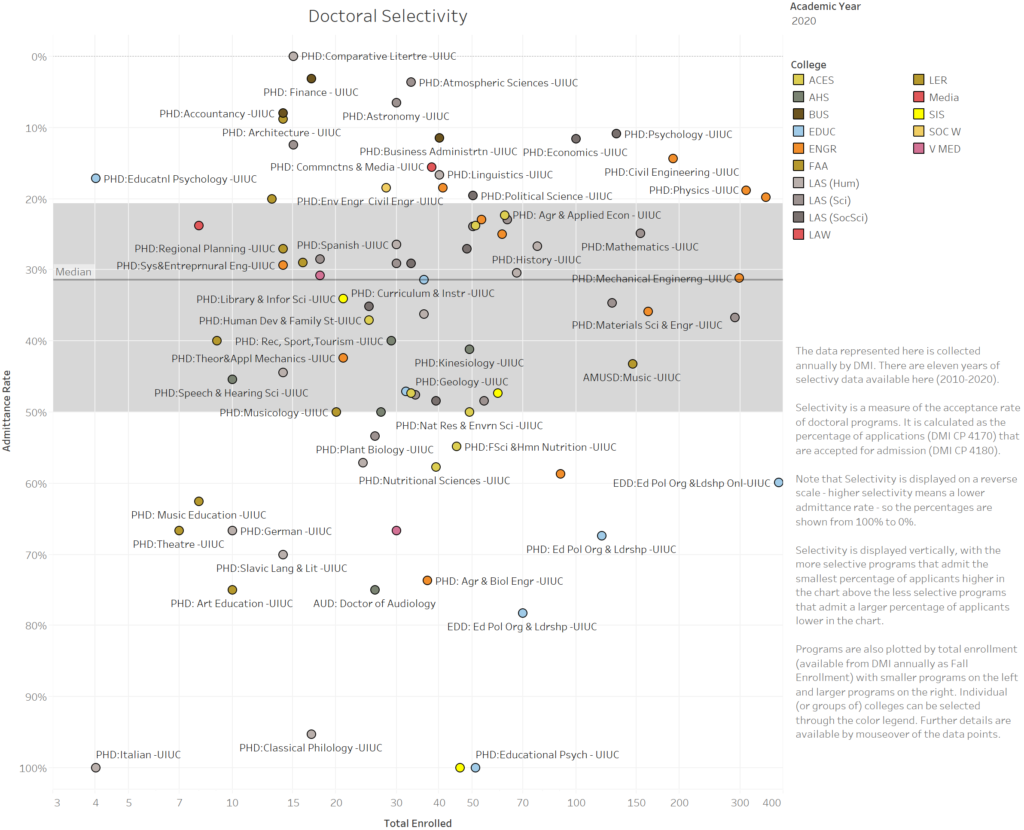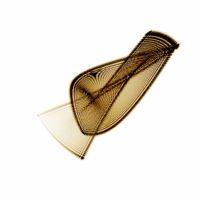welcome!
We are a large research department: 64 tenured/track faculty, 13 postdocs and growing.
…and a lot of teaching going on, – both internal and service.
Illustrious past: Doob, Blackwell, Burkholder; K.-T. Chen, Haken, Appel; Bourgain…
Who runs the department:
- Department Chair (Prof. Hur)
- Graduate studies: DGS/GAC
- Teaching: Associate Chair for teaching (Prof. Zharnitsky)
A lot of other functions, – check the FAQ page…
research
Many of you will come here with a firm idea of what research area to follow, – great, but keeps your eyes open.
Other ways to explore, – see who is doing what…
General data on courses in UofI.
program demographics
Typically:
- 150 PhD students
- 50/50 domestic/international
- 35% women
Admission is a complex process: many interdependent parts; goals; constraints.

necessities
funding
All PhD students are fully funded
Most as Teaching Assistants (TA):
- Typically 120 out of 150 students are on TA
- The remainder: RA, fellowship
not all TA jobs are the same:
- Running discussion attached to large lecture (Calculus classes)
- Grading assignments
- Stand-alone course
- Merit program
Assignments often happen in the last minutes, – not always the administration’s fault!
offices
Spread over 3 buildings, Altgeld Hall, Coble Hall and Oil Chemistry Palace. (This semester, Davenport Hall added.)
Assignments, typically stay fixed year to year (although one can always ask for arranged switches).
issues
Rule no. 1 – talk to peers and to us. Help is always near. In particular, talk to advocates.
process
three stages:
- completing comprehensive requirements
- finding advisor and passing preliminary exam
- doing research
The Holy Text to consult.
comprehensive exams
Early years: Comp system
- Five graduate-level subjects: Analysis, Algebra, + 3 electives
- Exam (Analysis/Algebra) or course. It is possible to bring your past course, if the area Chair and the GAC approve.
- Exams in Analysis/Algebra offered twice a year
- Courses: Analysis/Algebra offered every semester; other courses, once per year
finding research home
- Most students find advisor in 2nd year (expectation: prelim during your 3rd year)
- Difficult process
doing research
Not just between you and the problem! Humans are involved. A lot of difficult places to navigate…
some details
Coursework:
- Typically: 3 courses each semester
- Other departments fine
MS degree:
- Typically gotten at some point
- MS Math, MS Applied Math (several options)
- Also possible in other departments (ECE, Physics)
end of life cycle (here)
Careers:
- Academia vs. industry: about 50% of each
- Multiple career path programs/activities
- Thinking about role of mathematicians in the world seriously
